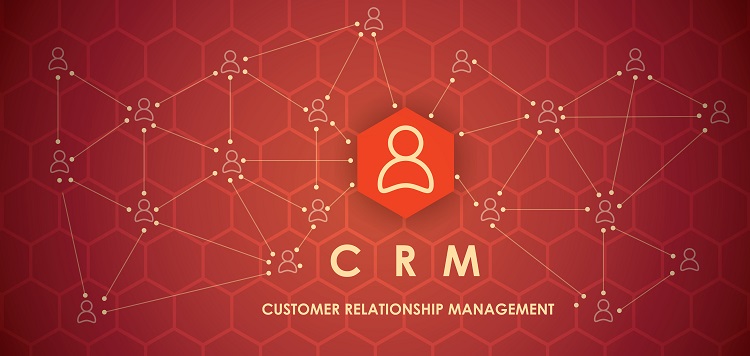Customer relationship management (CRM) is vital to the success of any business, as it involves managing interactions with customers, clients, and potential customers. While some might assume that CRM requires a lot of coding, the truth is that the majority of CRM systems are designed with an intuitive and user-friendly interface that doesn’t require any coding knowledge. In this article, we will explore how CRM systems work and highlight the benefits they can bring to businesses, without requiring any coding.
The role of coding in customer relationship management
Coding is a valuable tool for developers who create computer software, but it is not necessary for managing customer relationships. In some cases, CRM systems may require coding for customization purposes, but in most cases, it is not essential. The purpose of CRM is to improve customer interactions, track customer behavior, and increase sales. The programming aspect of CRM systems is handled by developers who create the software, so users do not need to have any coding knowledge to use the system.
User-Friendly Interface of CRM Systems
The majority of CRM systems are designed with a user-friendly interface, which enables users to manage their customer interactions quickly and effectively. This intuitive design allows users to navigate the system easily without any coding knowledge. The software is programmed to manage each customer interaction and simplify the process for users. The user-friendly design of CRM systems makes it easy for businesses to incorporate CRM into their operations without worrying about their employees’ coding skills.
Benefit #1: Improved customer service
CRM systems allow businesses to effectively manage customer interactions, resulting in improved customer service. With CRM, businesses can access customer information and communicate with them through various channels, such as email, phone, and social media. By utilizing CRM, businesses can promptly respond to customer complaints and inquiries, which ultimately leads to a better customer experience.
Benefit #2: Increased sales
CRM systems can help businesses increase sales by tracking customer behavior and preferences. By having access to this information, businesses can create targeted marketing campaigns that appeal to their customers. Additionally, businesses can use CRM to identify trends in customer behavior and adjust their sales strategies accordingly.
Benefit #3: Improved Customer Loyalty
CRM systems can help businesses build customer loyalty by providing better customer service, personalized communications, and targeted marketing campaigns. By using CRM, businesses can create a personalized experience for their customers, which helps to foster their loyalty.
Benefit #4: Comprehensive Analytics
CRM systems provide extensive analytics that help businesses track customer behavior and adjust their strategies accordingly. By analyzing customers’ behavior, businesses can identify trends, preferences, and areas for improvement. This information allows businesses to create targeted marketing campaigns and improve their customer service.
Benefit #5: Increased Efficiency and Productivity
CRM systems streamline the customer interaction process, which ultimately leads to higher efficiency and productivity. By using CRM, businesses can automate tasks such as data entry and customer follow-up, which frees up employees to focus on other areas of the business. Additionally, CRM systems provide a centralized database that enables employees to access customer data quickly and easily.
Benefit #6: Centralized Information Database
CRM systems provide a centralized database that houses all customer data. This centralized database reduces the risk of data duplication and data entry errors, and enables businesses to access customer data quickly and easily, which improves customer service.
Benefit #7: Improved Internal Communication
CRM systems improve internal communication by providing a centralized database that enables employees to share customer information easily. This improves collaboration and ensures that all employees have access to up-to-date customer information.
In conclusion, CRM systems are essential for businesses that want to manage customer relationships effectively. While some aspects of CRM systems may require coding for customization purposes, it is unnecessary for most day-to-day operations. The user-friendly interface of CRM systems allows businesses to incorporate CRM into their operations without worrying about their employees’ coding skills. By using CRM, businesses can improve customer service, increase sales, build customer loyalty, and improve internal communication.

